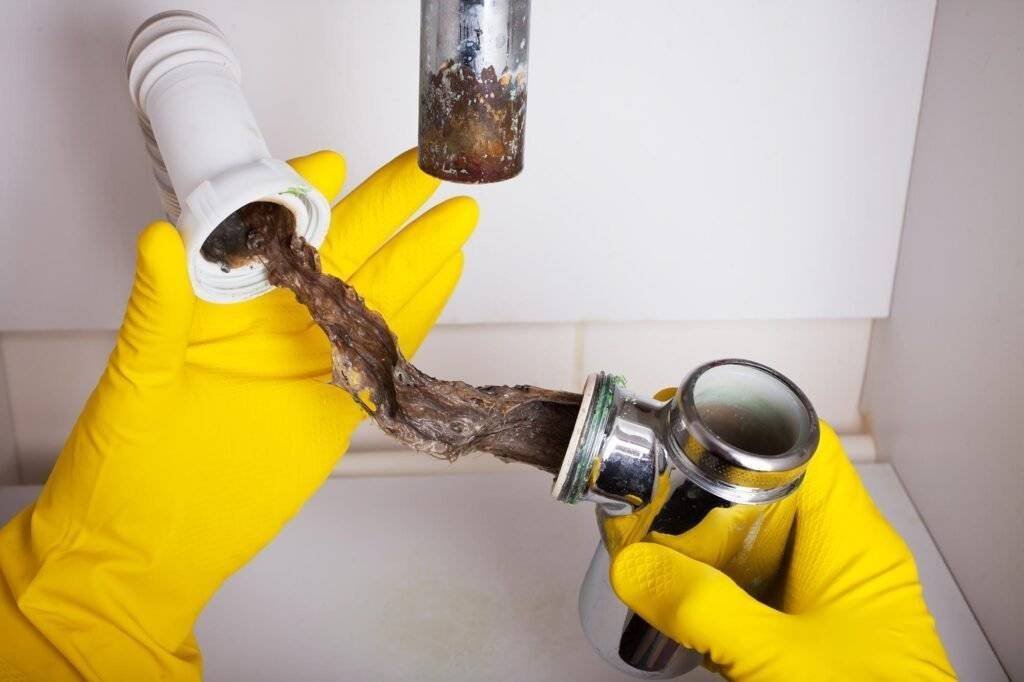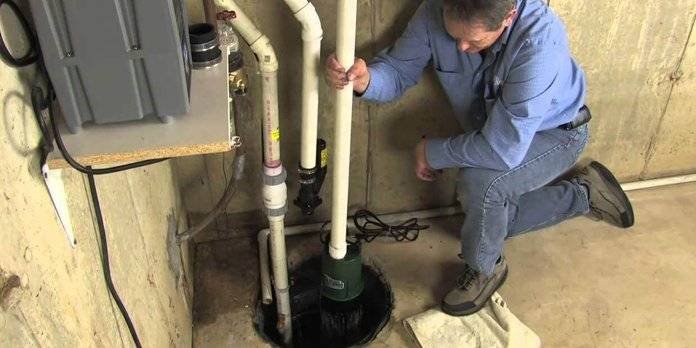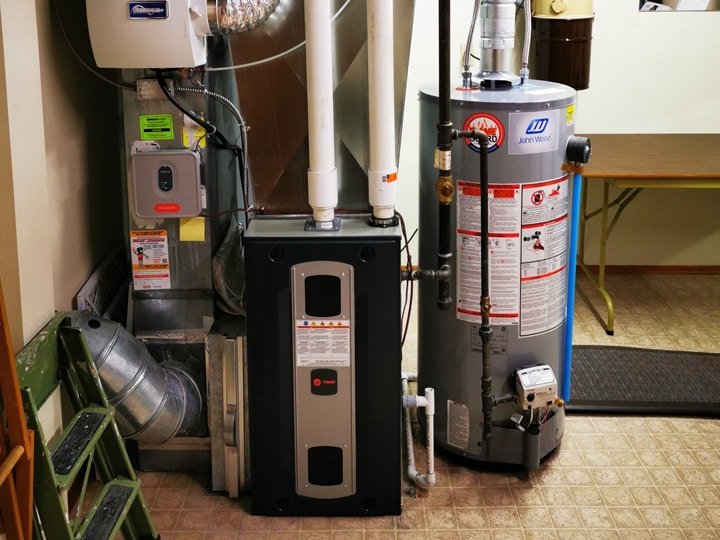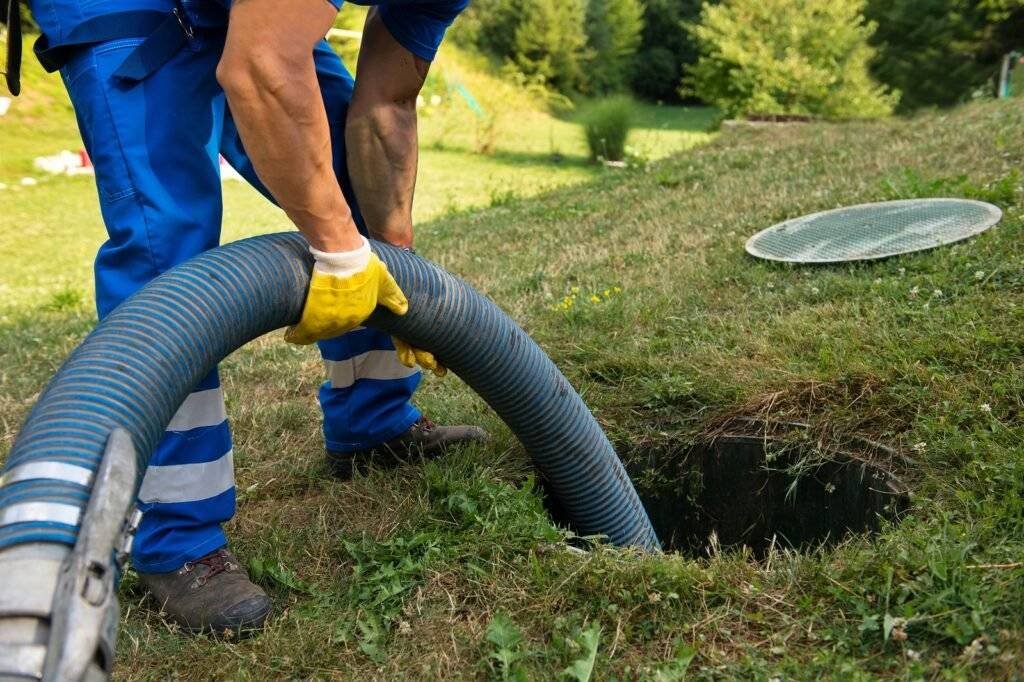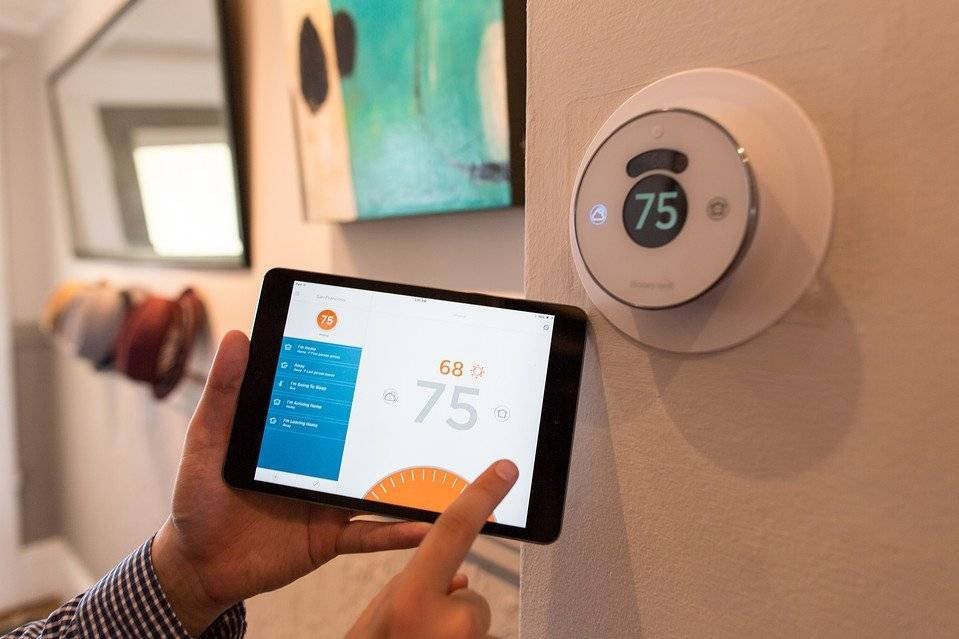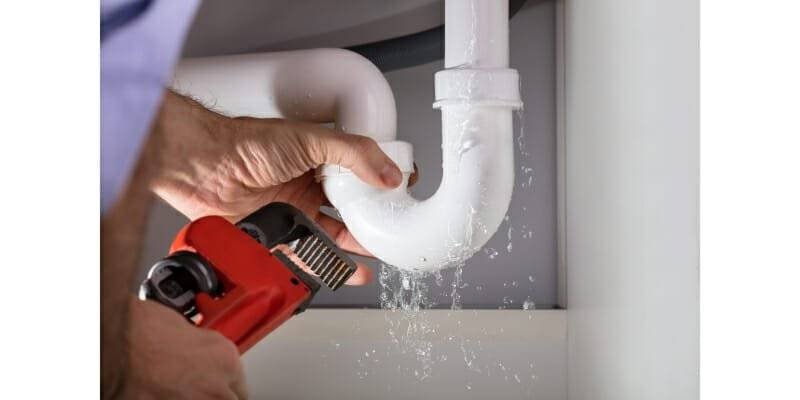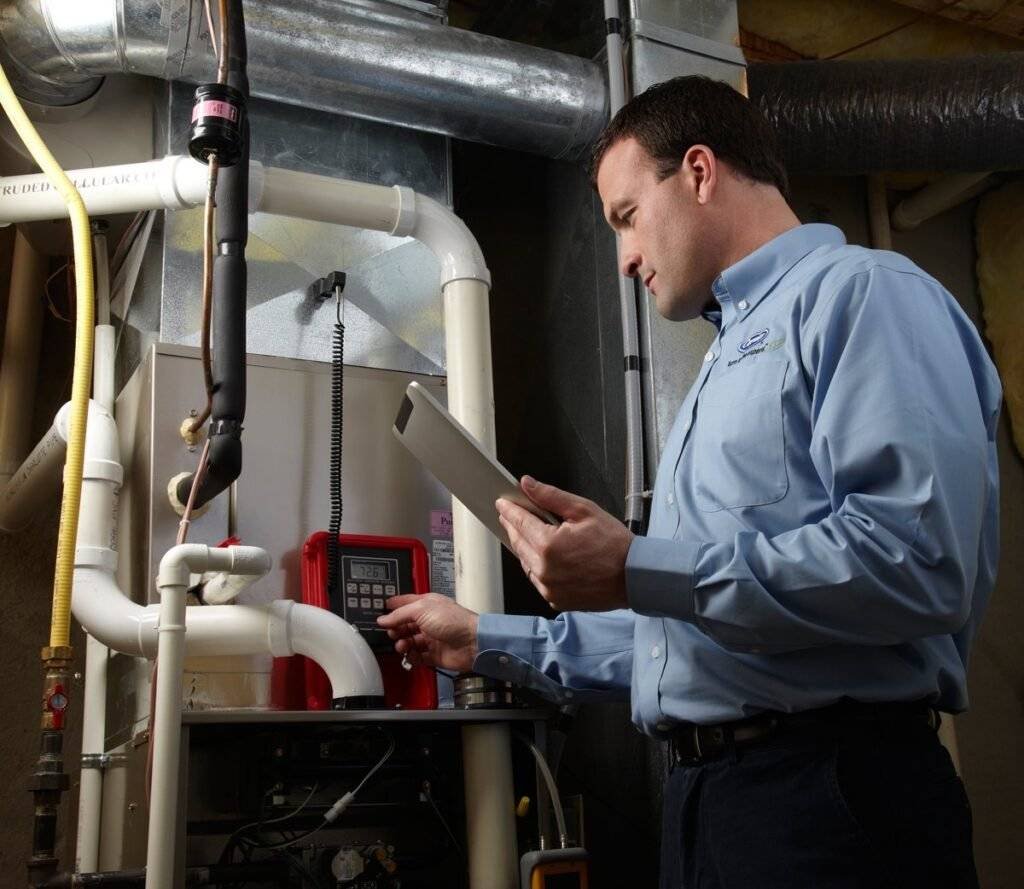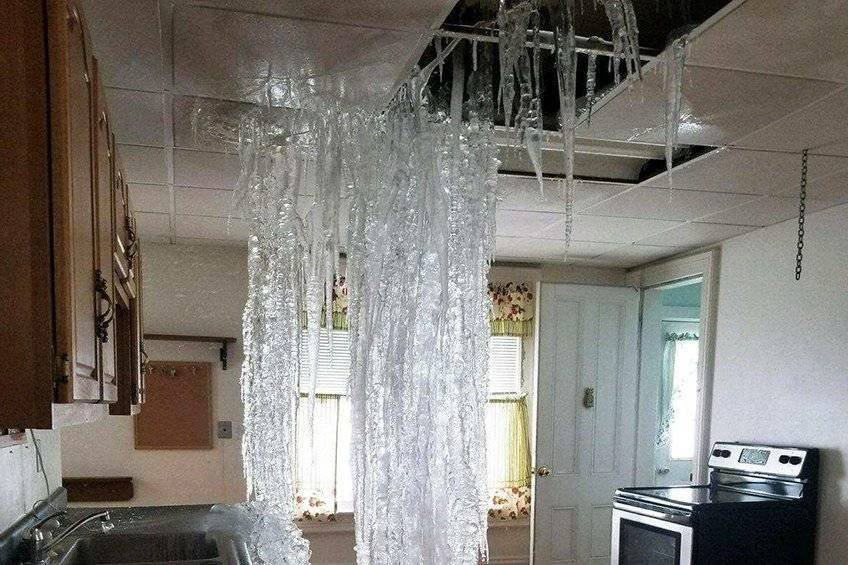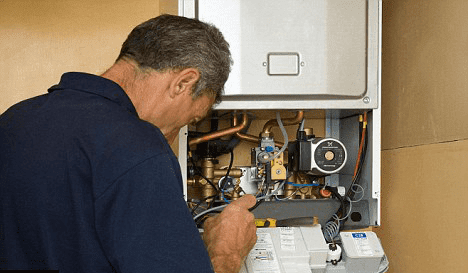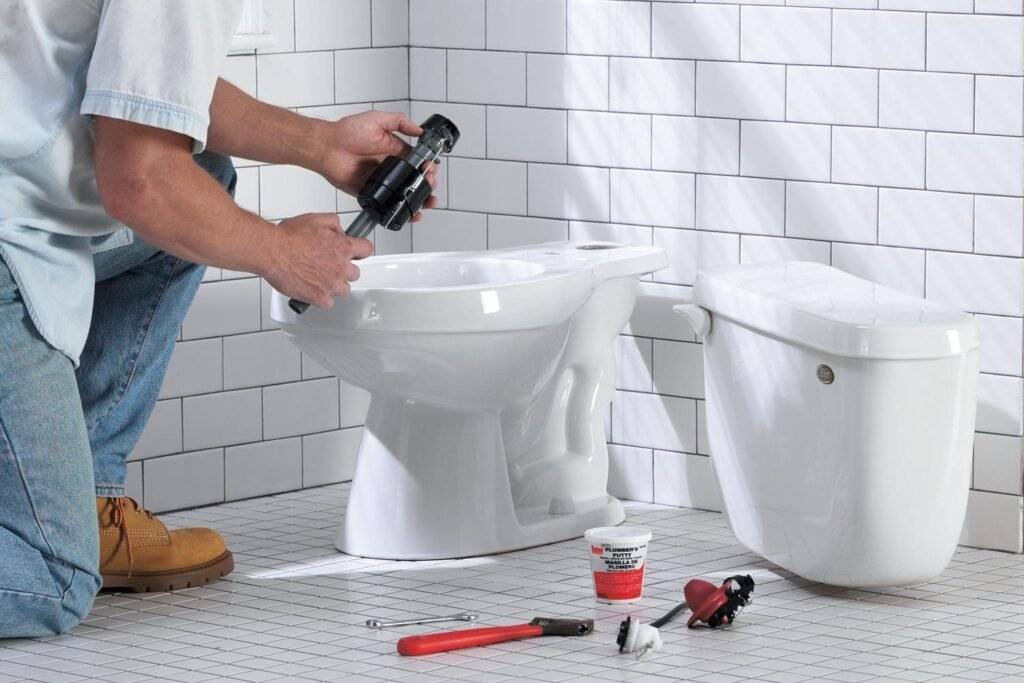Emergency Plumbing Saint Albert | Quick & Reputable Solutions
Emergency Plumbing in Saint Albert shines by using 24/7 service, deep competence, steadfast quality commitment, uncomplicated rates, a large range of services, active participation in the local neighborhood, quick reaction, and a devotion to consumer joy. Together, these qualities establish Emergency Plumbing as a trusted and respected company for all of Saint Albert's plumbing and heating requirements.
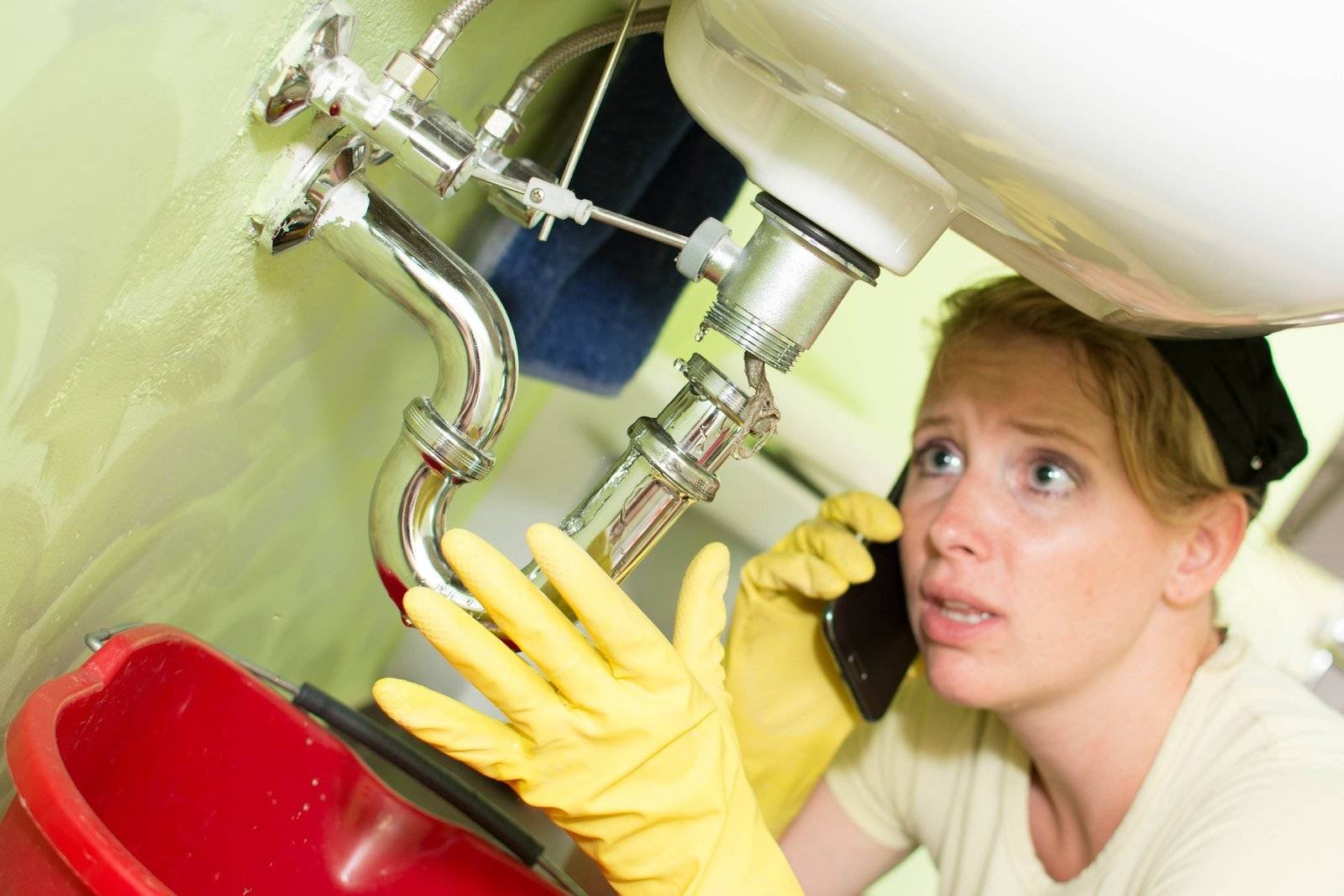
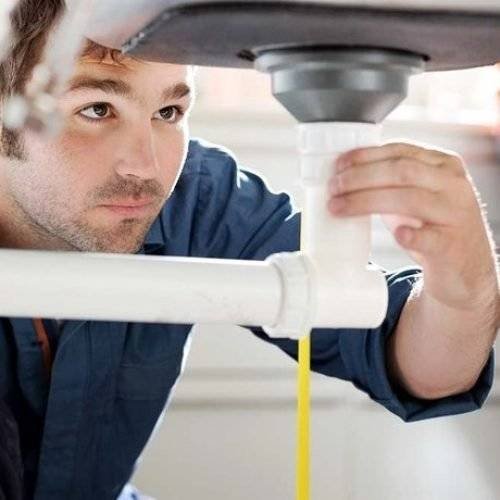
Who Are We?
A Group Specializing in Total Residential Plumbing and Heating Solutions
Emergency Plumbing is the premier choice for property owners in Saint Albert facing plumbing emergencies. Key elements develop a solid foundation of trust with Saint Albert’s citizens. At the leading edge, Emergency Plumbing prides itself on its group of expertly trained and accredited plumbers who are always ready to quickly deal with any emergency, from dripping pipes to clogged up drain pipes. Their devotion to trigger action and reliable services stands apart.
Transparency in rates is another hallmark, with a commitment to clear rates without concealed charges. Emergency Plumbing’s reputation for excellence is backed by radiant reviews from satisfied consumers, enhancing their pledge to consumer complete satisfaction. Armed with substantial experience, cutting-edge technology, and a performance history of dependability, citizens of Saint Albert can have assurance knowing that Emergency Plumbing is equipped to handle their plumbing and heating requirements.
How can we help you?
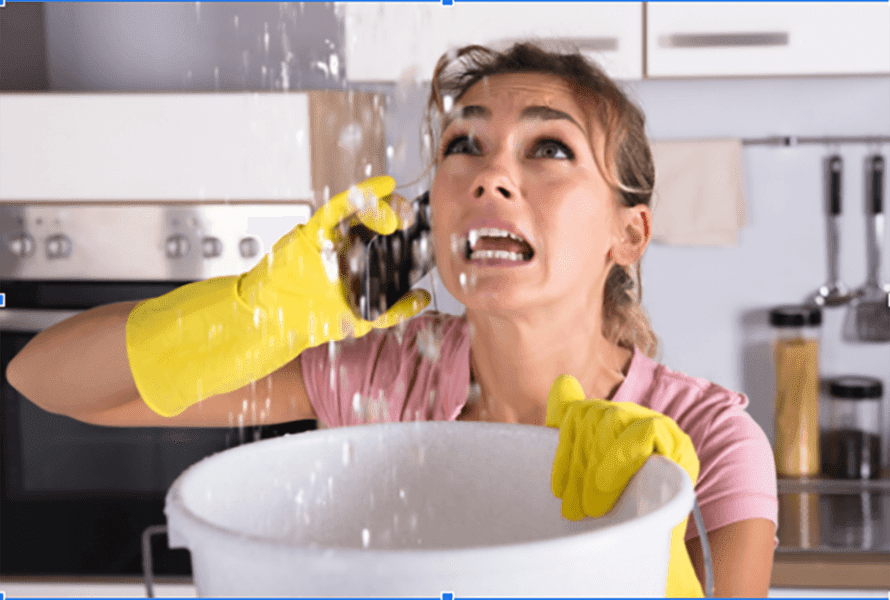
Handbook on Handling Plumbing Crises
Ever found yourself in the midst of a pipes emergency, transforming a tranquil day into one of turmoil? Plumbing dilemmas can emerge as unexpected twists in the story of our daily lives, unpredictable and often without warning. This guide intends to equip you with the understanding and methods to navigate and resolve common plumbing emergencies with ease.
Understanding Plumbing Emergency Situations
What Makes Up an Emergency Scenario?
While not all plumbing concerns are emergencies, specific ones require immediate attention to prevent intensifying. Acknowledging crucial scenarios like burst pipes or gas leaks is essential. Performing quickly can reduce dangers, lower expenses, and reassure property owners by safeguarding their property.
Dealing with Burst Pipes
Urgent Actions
A burst pipe resembles a fracture in a dam. To avoid a flood, quickly shut down the main water valve.
Navigating the Issue
While you await professional assistance, undertaking to limit the growth of water. This method belongs to employing sandbags in reaction to a flood– it’s an efficient but provisional service.
How to Manage Major Water Leaks
Spotting the Origin
Recognizing the source of a water leak in your house is vital to avert substantial damage, prevent the proliferation of mold, and avoid compromising the structure. Prompt discovery assists evade costly repairs, protects the home’s condition, and protects a safe home by avoiding concerns caused by moisture. It’s a crucial aspect of property maintenance.
Fast Solutions
While waiting for a plumbing, use towels or pails to control the leak. Think about it as initial assistance before the medics arrive.
Flooded Lavatories: An Common Scare
Cease Stream
If your toilet overflows, right away shut down the water system using the valve behind the toilet. Next, attempt to unclog it using a plunger. If not successful, use a toilet auger for deeper obstructions. Tidy up any spillage with disinfectant. If the issue persists, call an expert plumbing professional for assistance.
Plunger Power
Plungers work by forming a vacuum seal around drains pipes and using pressure to push through obstructions. This uncomplicated and effective gadget can quickly deal with normal obstructions in toilets, sinks, and showers, preventing costly plumbing repairs. Through a push-and-pull motion, plungers put in force on the blockage, assisting in the remediation of smooth water flow.
Obstructed Drains and Backups
Recognizing the Blockage
To recognize the source of a drain blockage, start by inspecting frequently utilized components like sinks, toilets, and showers for signs of slow drainage or backup, indicating prospective neighbouring blockages. Light up drain openings to identify any noticeable obstructions. Listen to gurgling noises, as they may signal more extreme obstructions further down the pipes. Employing a plunger can evaluate the intensity of the clog. If the concern persists, using a drain snake or setting up a video camera examination might be necessary to locate and examine the blockage.
Do-It-Yourself Repairs
A plunger creates pressure to remove minor obstructions by forcing air or water through the drain. It works for loosening blockages near the surface. Conversely, a pipes snake navigates deeper into pipes, physically disintegrating or taking out particles that triggers minor obstructions, bring back typical water flow.
In situations where
to
Call
a Pro.
Analyzing Seriousness
Homeowners must quickly call a plumbing for plumbing concerns beyond their competence, such as major leaks, burst pipes, drain backups, persistent obstructions, and water heater malfunctions. Prompt intervention by an expert plumbing professional can prevent substantial damage and make sure the issue is solved safely and successfully.
Discovering a Reliable Plumber
Picking a reliable and certified plumbing professional for your home is essential. Their understanding and skill warranty precise issue medical diagnosis and effective services, preventing costly repairs. Following safety procedures minimizes risks, safeguarding your home. Relying on experts provides assurance, preserving the reliability and functionality of your plumbing system.
Protective Strategies
Consistent Inspections and Upkeep
Routine plumbing checks are essential for property owners to prevent pricey repairs and water damage. Professional examinations identify concealed concerns early, guaranteeing prompt resolution and safeguarding the property. Furthermore, they boost plumbing system performance, resulting in long-lasting cost savings on water intake and expenditures, while promoting a safe living environment.
Know Your Plumbing
Gaining proficiency in the fundamentals of plumbing empowers property owners to recognize and deal with minor concerns quickly, reducing repair work expenses. This understanding facilitates reliable interaction with specialists, guarantees timely upkeep, and improves water conservation efforts, therefore promoting a more secure and eco-conscious living environment for the long term.
Precautions for Safety
Water and Electricity: A Dangerous Combination
Homeowners need to exercise care around electrical devices near water leaks to prevent risks. The conductivity of water increases the threat of electrocution or fires upon contact with outlets, home appliances, or circuitry. Performing quickly, such as by detaching power and quickly attending to leaks, is vital to reducing danger. Being vigilant and exercising care can prevent mishaps, safeguarding lives and property from prospective catastrophes. Prioritizing caution regarding electricals and water leaks is essential for guaranteeing home safety.
Utilizing Devices Safely
Homeowners who attempt do it yourself plumbing expose themselves to injury by mishandling tools. Abuse can cause cuts, punctures, or strains. Lack of experience might aggravate plumbing concerns, triggering leaks or pipe damage. Improper use of power tools can also result in electrical shocks or mishaps. Sticking to safety procedures, using tools correctly, and wearing protective equipment are essential for reducing dangers during do it yourself plumbing jobs.
Conclusion
In summary, while encountering plumbing difficulties might seem overwhelming, having the right understanding can considerably ease the approach. Whether it’s determining issues, taking initial actions, or understanding when to look for support, preparedness is vital. Regular upkeep and an excellent grasp of your plumbing configuration can substantially lower the possibility of such concerns. So, when you encounter a pipes obstacle, remember this article and conduct it with confidence. Keep unruffled, and continue to be attentive about your plumbing — your family will thanks for it!

Manual to Furnace Emergencies
When a heater breaks down, particularly during the coldest months, it can quickly change from a minor hassle to a full-blown emergency, compromising your home’s convenience and safety. Handling heater emergencies efficiently needs prompt action and a clear understanding of the issue. This article guides property owners through the essential steps to manage heater crises successfully, from determining common concerns to expert troubleshooting strategies, ensuring your home stays warm and secure even in the face of unexpected heating difficulties.
Recognizing a Heat System Crisis
Spotting the Indicators
Acknowledging the signs of a heating emergency in your home is essential to prevent prospective risks and pricey repairs. Secret signs include uncommon noises like banging or whistling from the heater, which can suggest mechanical concerns. A persistent cold in spite of having the heating on, or a sudden spike in energy costs, could signal system inefficiencies or failure. The smell of gas or burning from the heating unit is a serious warning sign of a prospective fire danger or gas leak, needing immediate attention. Furthermore, the appearance of soot around the heater or a failure to start up can also represent crucial issues. If any of these signs occur, it’s vital to call an expert without delay.
Understanding the Importance of Prompt Reaction
Before a heating unit breaks down totally, it normally indicates its distress, signaling property owners to underlying concerns– think about these signals as your home’s method of signaling for assistance. Mastering the art of recognizing these warnings can turn a looming heating catastrophe into an easy repair work job, a vital competence as temperature levels drop. This guide intends to sharpen your abilities in finding early signs of heater difficulties, from odd noises and irregular heating to sudden spikes in energy expenses. Early detection allows for quick fixes, saving both time and finances, and ensuring your home stays warm and safe throughout the winter.
Common Furnace Problems
Faulty Furnace
It’s a definite emergency when your furnace stops working. It’s like your home’s heart ceasing to function – immediate action is needed to restore heat.
CO Leaks
A stealthy and lethal hazard, carbon monoxide leaks are serious. If your CO detector alerts, it’s as urgent as a fire alert.
Gas Leaks
Smelling gas near your furnace is like noticing smoke – leave the area at once and seek assistance.
Electrical Issues
Flickering lights or tripped breakers when your heating system is operating can indicate potential electrical issues. It’s like your home’s wiring emitting alerts.
Actions to Take in a Furnace Crisis
Safety #1
If you suspect a gas leak or the presence of carbon monoxide, leave the area at once. It’s like leaving during a fire drill – always put safety first.
Assess the Situation
Try to pinpoint the issue without risking your safety. It’s like diagnosing a car problem before deciding whether to go to a repair shop or call for a tow.
Call for Professional Help
In the majority of situations, heating emergencies demand professional intervention. It’s like calling in a specialized mechanic instead of tinkering with your car’s engine on your own.
Proactive Actions
Routine Maintenance
Consistently taking care of your heating system can avoid emergencies. It’s like regular car maintenance to ward off unexpected breakdowns.
Putting in place Detectors.
Ensure you have functional carbon monoxide and smoke detectors. These are your first line of defense, much like seatbelts in a car.
Handling the Cold Until Help Arrives
Secondary Warmth Options
Use alternative heating methods safely like space heaters or fireplaces. It’s like having a backup tire – a temporary solution until you can resolve the main issue.
Keeping Warm
Wear multiple layers, use blankets, and shut unused rooms to retain heat. It’s like preparing for a winter hike – preparation is key.
Protecting Your Pipes
In severe winter conditions, protect your pipes by keeping faucets slightly open. It’s like ensuring a minor water flow to keep pipes from freezing over, similar to keeping a car battery charged in cold weather.
Prolonged-Answers
Upgrading Your Heating System
Think about adopting a more trustworthy and effective heating system. It’s like swapping an old, inefficient car for a more modern, more efficient model.
Smart Thermostats
Installing a smart thermostat can help prevent emergencies by notifying you to issues. It’s like having a smart home system that informs you to security breaches.
In situations where to do it yourself and In cases not To
Grasping One’s Limits
It’s like knowing when a home repair is something you can handle or if it’s time to call a contractor.
Conclusion
In summary, managing heating emergencies effectively is all about recognizing the signs, taking immediate action for safety, and seeking professionals when needed. Regular maintenance and being prepared can help prevent these emergencies. Remember, your home’s heating system is as crucial as any vital system in your life, like your car or your health – it requires care, care, and sometimes professional intervention. Stay cozy, stay safe, and don’t hesitate to ask for help when you need it. Here’s to a comfortable and trouble-free winter in your home!
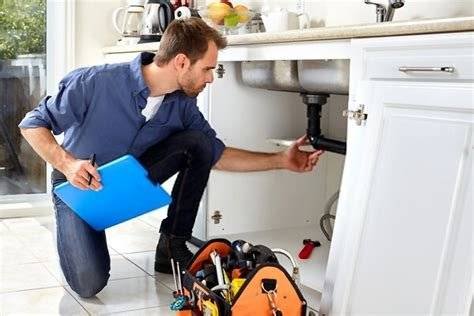
How Do You Prevent Urgent Plumbing Issues?
Have you ever been in a situation where you had a plumbing emergency, such as a burst pipe, and thought about how you could have avoided it? It’s a bit like wishing you had checked the weather before a sudden downpour. Plumbing emergencies can be a real hassle, but with some proactive measures, many can be prevented. Let’s explore how you can keep those pipes flowing smoothly and avoid unexpected plumbing disasters.
Routine Care: The Foundation to Proactive Measures
Schedule Periodic Inspections.
Having a pipes specialist frequently check your system is essential for keeping its health and performance. These experts can identify concealed issues such as leaks, obstructions, or wear and tear before they intensify into major concerns, preventing pricey repairs and prospective water damage. Routine examinations also make sure that your plumbing fulfills existing standards, operates efficiently, and saves water, eventually saving you cash and guaranteeing the safety and convenience of your home environment.
Do-It-Yourself Evaluations
For property owners, conducting fundamental plumbing checks is essential for keeping a functional and effective home system. Routinely inspecting pipes for corrosion or leaks, testing water pressure, and examining faucets and toilets for drips or uncommon noises can prevent severe concerns. Inspecting the functionality of sump pumps and hot water heater, in addition to guaranteeing that drains pipes are clear and without blockages, are also vital jobs. Seasonally, it is essential to confirm that outdoor spigots and watering systems are in good working order. These basic checks can help avoid pricey repairs, lower water wastage, and extend the lifespan of your plumbing infrastructure.
Be Careful of What Goes Down the Sink.
Within the Cooking Area
Being cautious about what decreases your cooking area sink is essential to keeping plumbing health. Avoid disposing of grease, coffee grounds, and food scraps in the sink as these can block pipes and cause backups. Rather, use a compost bin for organic waste and wipe down oily pans before washing. Implementing strainers can also capture particles, preventing obstructions. Taking these safety measures protects your plumbing and minimizes the need for pricey repairs.
Within the Bathroom
Be careful what you flush down your toilet to prevent obstructions and sewage backups. Only human waste and toilet tissue must be flushed. Products such as wipes, even those labeled “flushable,” womanly hygiene items, cotton bud, and dental floss can severely block plumbing. Informing family members on these guidelines can help preserve a functional and blockage-free sewage system.
Watch for Alert Signals.
Clogged Drains.
A sluggish draining drain often indicates a blockage. Warning signs include water pooling around the drain, gurgling noises, and unpleasant smells originating from the drain. These signs suggest collecting particles or a buildup in your pipes, demanding prompt attention to prevent a complete clog or backup.
Odd Noises or Smells.
Gurgling sounds or strange smells can indicate a problem in your plumbing system. It’s akin to noticing a rattling sound in your car or sensing a strange odor – symptoms not to be ignored.
Familiarize yourself with Your Central water valve.
Location and Operation
In case of a serious plumbing issue, be aware of where your main water shut-off valve is and how to operate it. It’s like knowing how to use a fire extinguisher – crucial in an emergency.
Insulate Your Pipes.
Stopping Frozen Pipes.
In cold areas, pipe insulation is as important as preparing your car for winter. It can stop them from freezing and breaking.
Steer clear of Chemical Drain Cleaners.
The Bitter Reality
While chemical drain cleaners may appear to be a quick fix, they can really hurt your pipes in time. It resembles using a quick-fix item on your cars and truck that winds up resulting in long-lasting damage.
Exercise Caution in DIY Repairs
Be aware of Your Limits.
Homeowners must approach plumbing repairs cautiously. While fundamental jobs like unclogging drains pipes or changing a faucet can be DIY-friendly, more intricate concerns including water lines or sewage must be managed by experts to avoid prospective mistakes that could cause pricey damages or safety risks.
Putting money into Upgrades
Modern Fixtures
Changing to modern, more effective components can help prevent future issues. It’s comparable to updating old software application on your computer system for improved efficiency.
Inform Everyone in the Home.
Sharing Knowledge
Informing family members on plumbing care fundamentals is essential for preventing pricey repairs. Basic understanding about avoiding chemical cleaners, correctly disposing of waste, and recognizing early signs of leaks can empower individuals to preserve their systems efficiently and reduce prospective damage to their home’s plumbing.
Conclusion
In conclusion, avoiding plumbing emergencies largely depends upon regular upkeep, conscious routines, and looking out to warning signs. Much like keeping your cars and truck or health, proactive care of your plumbing can prevent the tension and cost of sudden concerns. A little bit of preventative action can considerably boost the durability and health of your plumbing system. Stay mindful, and your pipes will serve you well for many years.
What are the Indicators of an Imminent Plumbing Problem?
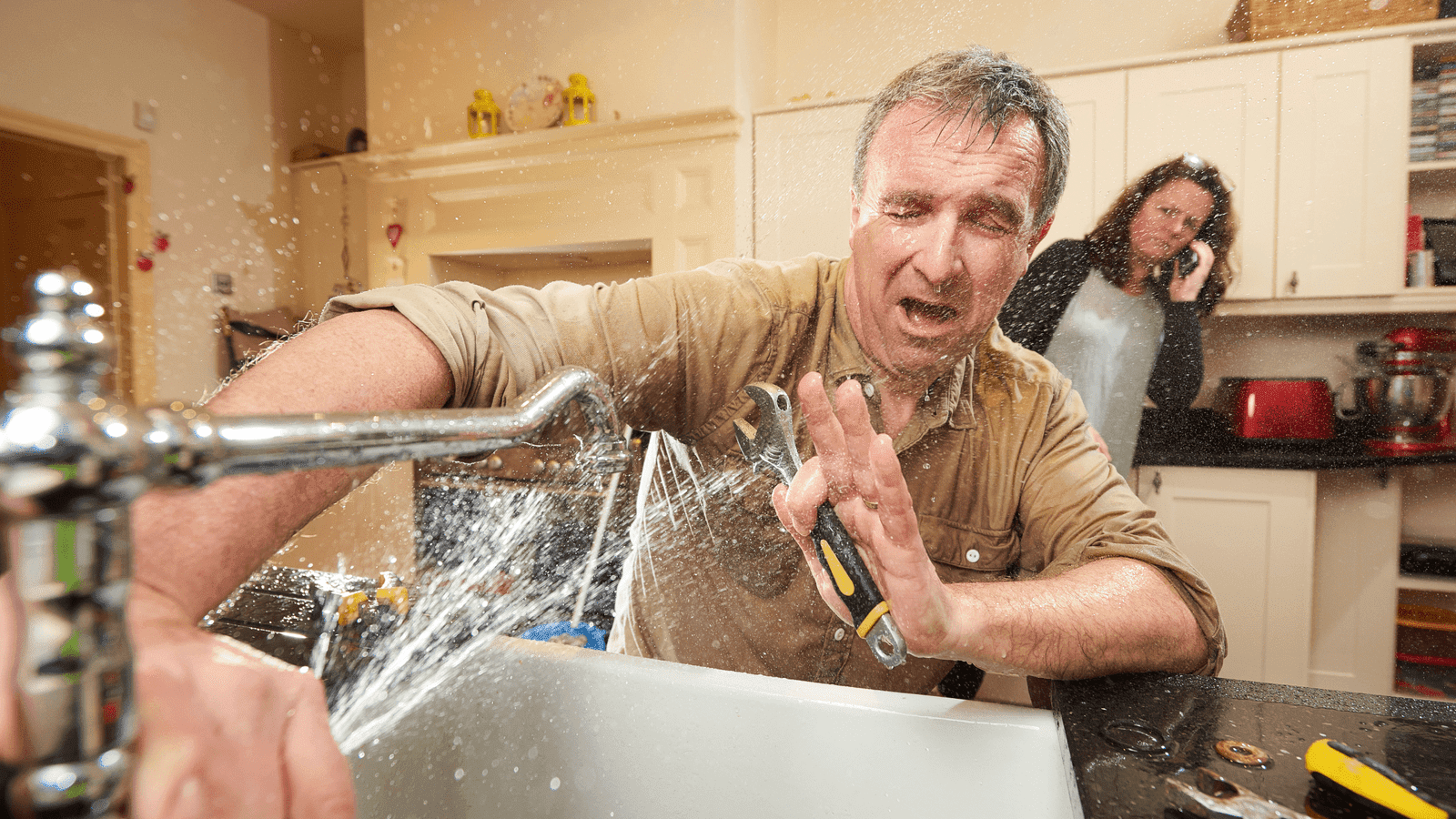 Introduction
Introduction
Ever had that gut feeling when something’s not quite right with your plumbing? Just like the mysterious check engine light in your car, your home’s plumbing system has its ways of broadcasting distress signals. Noticing these early warning signs can save you from a plumbing disaster. Let’s examine these revealing signs.
1. Delayed Draining Basins and Tubs
Delayed Draining Basins and Tubs
When water drains slowly, it’s like a traffic jam in your pipes. Clogged drains often indicate a blockage, which can escalate into a major clog if not treated.
2. Bubbling Noises from Pipes
The Piping Orchestra
Gurgling sounds from your drains or toilet can be as alarming as unusual sounds coming from your vehicle’s engine. This usually indicates air being trapped within the plumbing, signaling a blockage.
3. Bad Odours
An Stinky Scenario
Disturbing odours emanating from your drains are like an alert – a sign that something’s wrong. This could be due to trapped food rotting in your pipes.
4. H2O Flow Problems
The Drip Effect
Low water pressure can be incredibly aggravating, resulting in inadequate rinsing, prolonged showering and dishwashing times, and lowered performance of water home appliances. It often makes daily jobs more lengthy and tough, impacting overall convenience and convenience in the home.
5. Tainted Water
Undesired Hues in Your Water
Discovering yellow water flowing from your taps is disconcerting. This staining often symbolizes sediment or rust buildup in the pipes, compromising water quality. Causes range from aging infrastructure to mineral deposits. While normally not harmful, it’s wise to avoid using or consuming discolored water till the concern is solved. Contact a plumbing to check your plumbing system and think about setting up filters or changing rusty pipes for long-lasting water quality control.
6. Recurring Blockages
The Eternal Clog Saga
If you’re constantly battling clogs, it is like again and again fixing the same issue on your car. Persistent clogs can indicate a deeper issue in your plumbing system.
7. Wet Spots on Walls or Overheads
Mysterious Moisture
Wet areas on walls and ceilings generally indicate leaks from plumbing or roofing damage, suggesting prospective structural concerns that require immediate attention and repair work.
8. High Water Charges
The Costly Clue
High water costs can often indicate leaks, ineffective home appliances, or excessive water use. Routine checks and conscious use can assist to manage and lower these expenses.
9. Leaking Toilets
The Never-Ending Flush
A continuously running toilet is not just a problem but a silent water waster. Each minute of relentless flow can lose gallons, resulting in inflated water costs and ecological pressure. Typically caused by a malfunctioning flapper or valve, it’s a fixable concern with basic repairs or replacements. Ignoring it not only effects finances but also adds to water deficiency. Tackling this issue quickly not only conserves resources but also underscores responsible stewardship of our shared environment.
10. Visible Corrosion on Pipes
Oxidized Revelations
Deterioration on pipes manifests as noticeable rust or staining on the surface. It often begins as small spots but can spread out rapidly, compromising the stability of the pipe. Factors such as moisture, chemicals, and ecological conditions accelerate this procedure. Routine examination and upkeep are essential to prevent leaks, structural damage, and prospective risks connected with rusty pipes in commercial, commercial, and property settings.
Preventive Measures : It’s Always Wise to Be Cautious
Periodic Examinations
Routine plumbing examinations are essential for the durability and functionality of your home’s plumbing system. These regular examinations allow early detection of leaks, corrosion, or other prospective concerns, preventing minor issues from escalating into pricey repairs or water damage. By buying regular examinations, property owners can make sure the effective operation of their plumbing infrastructure, reduce the threat of emergencies, and preserve a safe and comfortable living environment. Moreover, proactive upkeep improves the value of the property and promotes sustainability by saving water and reducing the ecological impact of plumbing-related concerns.
DIY Checks
DIY plumbing assessments play an essential function in keeping a functional and efficient household. Routine examinations allow property owners to identify and deal with plumbing concerns early on, preventing pricey repairs and water damage. By conducting basic jobs like looking for leaks, inspecting pipe stability, and tracking water pressure, property owners can recognize prospective issues before they intensify. Moreover, do it yourself assessments foster a sense of empowerment and self-reliance, enabling individuals to take proactive procedures to protect their home’s infrastructure. Ultimately, investing time in do it yourself plumbing examinations not only guarantees uninterrupted access to tidy water but also promotes a more secure and more sustainable living environment for the entire family.
Wrap-Up
In conclusion, being aware of these plumbing warning signs can save you from the hassle and cost of significant repairs. Just as you wouldn’t ignore your car’s warning lights, it’s important not to neglect these signs in your plumbing. Detecting and addressing these early is crucial. Remember, when in doubt, calling a professional plumber can provide peace of mind and ensure your home’s plumbing system stays in top shape . Be vigilant, be proactive, and maintain smooth running pipes!
Have a Plumbing Emergency in Saint Albert?
Picking Emergency Plumbing for your plumbing concerns indicates opting for reliable, quick service. Our group of skilled experts can manage a large range of plumbing emergencies, guaranteeing prompt and practical services. We prioritize your safety and convenience, using 24-hour accessibility to deal with urgent requirements. Our commitment to quality craftsmanship and consumer complete satisfaction sets us apart, making us a trusted choice for fixing your plumbing issues efficiently. With Emergency Plumbing, you‘re in capable hands.
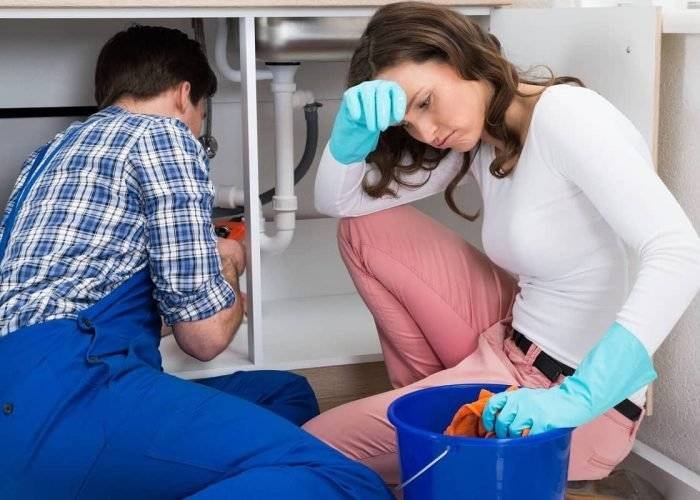
Our Work
